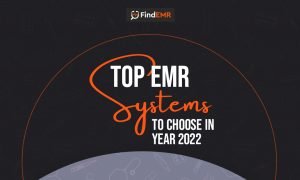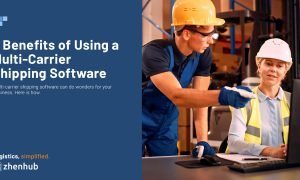Gone are the days when monetary records were recorded manually. With technology at the fore of almost all businesses, a software trend has been set globally. Normally, an accounting software is misjudged as a software that can only handle the financial aspects of a business. But in truth, an accounting software can handle so much more than just money. Recent accounting software can help business operate in accordance with the rules and regulations set by governments of the regions that they are operating in. An accounting software keeps you in touch with the latest updates in these policies. An efficient accounting software can do the work of several people, thereby reducing the total upfront investments for any start-up.

Why Accounting Software Drawn So Much Attention?
Businesses in the 1900s would require to hire a bookkeeper to manage the finances of the employees operating in the businesses. Although manual tracking was a tedious job, people would have to opt for this methods, as it was the only way available. As time progressed, technology established itself at the core of all business. Accounting software quickly transitioned from ‘wants’ to ‘needs.’ Increasing number of start-ups, adoption of technologically advanced software, and the need for easy-to-use software, have opened up a massive potential for accounting software.
A few of the exceptional benefits offered by accounting software can be summarized as follows:
- Time Saving: An accounting software will help save a lot of time. Repetitive tasks can be automated with the help of these software. Daily repetitive tasks can be handed over to the software through predictive and data analysis. This will not only help save time, but will accelerate your business processes.
- Filing Returns: A software that records financial data of employees can be easily put to use for filing income tax returns. Additionally, the software will alert you of deadlines and missed tasks.
‘Cloud’ Integration Has Been a Huge Hit
Consumer-specific requirements have brought about several changes in the way accounting software operated. There was a huge demand for customized software from across the world. As a result, companies eventually broke the monotony that existed in these software since many years. Soon enough, cloud services were integrated into these and accounting software haven’t looked back since. Currently, there are two types of software that are dominating the overall market:
- On-premise Software
- Off-premise Software
The on premise accounting software makes use of a local server that is owned by the company or an outsourcing business. The data is stored on a virtual drive that is normally setup within close distances of the businesses. On the other hand, off-premise software make use of a cloud network to store data. Cloud integration enables offers benefits such as data fast data transfer, sharing, disaster recovery, and mobility. Furthermore, there is no need to keep space for a huge network drive. This allows data integration and portability at a faster rate. Moreover, cloud-integration frees users from having to install network drives on all computers within the company. Thus, there is only winner between these two as far as performance is concerned.
What Next?
An accounting software is fundamental to the how a business performs in the long run. It can manage the cash flow, creating pathways from repository to employees in an efficient manner. It can manage internal account reviews as well as enhance external audits. An accounting software will record and present you with the profits and losses. This will help you analyse where you went wrong and subsequently increase the productivity of your business. The manner in which accounting software are developing, we can expect seamless integrations and interactive software.






